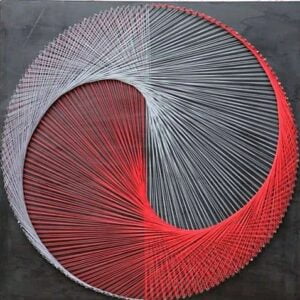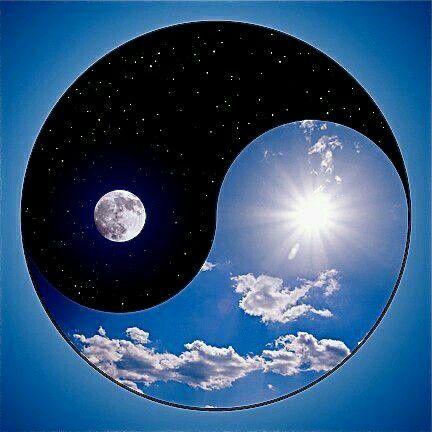
In Stringism, we acknowledge the concept of Yin and Yang as representing the balance between good and evil, light and dark, and the interplay of opposing forces in the universe. This balance is often associated with the principle of karma, where actions have consequences, and positive actions yield positive outcomes, while negative actions lead to negative consequences. Thus, karma is seen as a mechanism for maintaining equilibrium in the fabric of existence.
This mechanism or balance is never explicietly stated in any religion although multiple texts refer to it. Within the theorem of stringism we also believe that when you trigger some strings with a bad vibe that those movements will create a certain tension in the fabric. If you’re doing things with a positive effect the strings become more relaxed and thus with less tension. You can loosen it by executing a counter action. But if you don’t release the tension and keep on doing “bad” things the tension keeps rising. And then it could snap. The problem is that you don’t know when or how. It could be direct (yourself) or indirect (by others attached to you).
This triggers 2 important elements;
If you keep on doing positive elements the fabric that ties you together can get so loose that you feel utterly connected to yourself (the string are a perfect fit) and you can get in a trance, see also meditation.
If you keep on doing bad things this builds up till it snaps. Note that this snap can be indirect. For example, during world war II there was a lot of tension building up with some indirect effects such as the atomic bomb. Another example is the tension that Hitler build up but that after his death was mainly felt by his subordinates and the german people. Although most snaps will have an impact on the person itself, the impact on the greater contact may not be missed.
In Stringism, we emphasize the significance of cultivating awareness and mindfulness in our actions. By striving for positive deeds and harmonious interactions with others, we contribute to the overall balance and well-being of the fabric that ties us together. This philosophy encourages individuals to take responsibility for their actions and consider the broader implications they may have on themselves and the interconnected universe.







